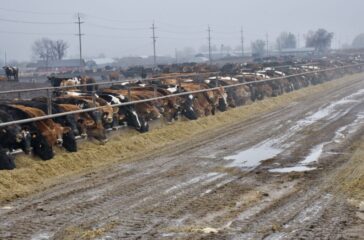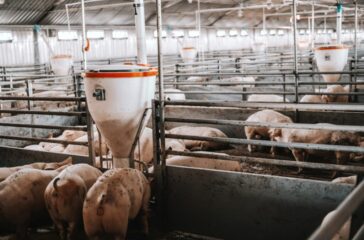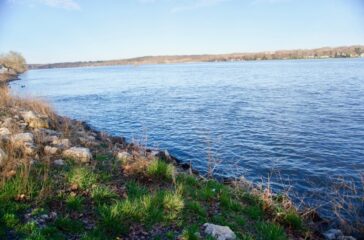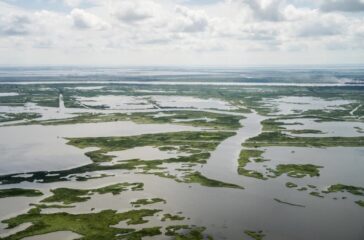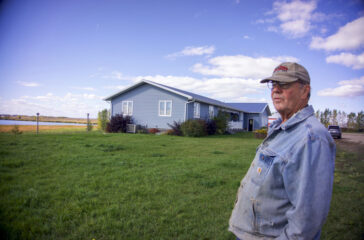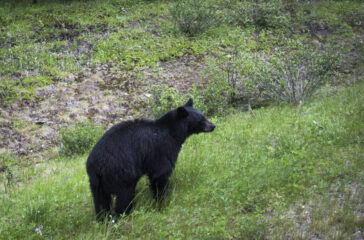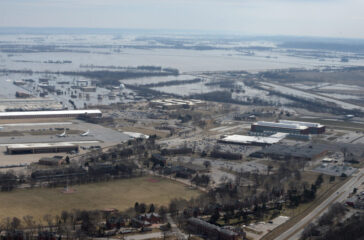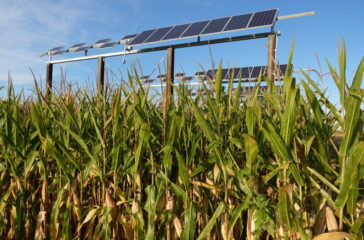Regulators battle Oregon and Washington farmers over limits to farm pollution
By Keith Schneider
SUNNYSIDE, Washington – Waters from the snowpack of the Cascade Mountains support orchards, vineyards and dairies here in the Yakima Valley of eastern Washington State, boosting a flourishing farm economy and helping to stock store grocery shelves nationwide.
But as the waters flow, so do a host of dangerous farm pollutants, contaminating drinking water wells in the valley and through the adjacent Lower Umatilla Basin across the state line in Oregon.
Regulators and citizen groups have been pressing crop and livestock producers for years to document and rein in the pollution, tightening restrictions on some of the nation’s largest dairies, and bringing litigation against several seen out of compliance.
The actions put both Washington and Oregon among a growing number of US states leading a controversial national campaign to make agriculture more accountable for its mammoth wastes.
“There is a lot of new energy around this problem,” said Salini Sasidharan, assistant professor of groundwater management at Oregon State University. “A lot of investment is being made. There’s momentum here to make a real difference.”
But progress is slow and results are mixed. And farmers are fighting back, saying that they’re doing their best to balance environmental protection and business needs, and the crackdown on their business threatens not just their livelihoods, but also potentially the abundance of the country’s food supply.
 EWG
EWG